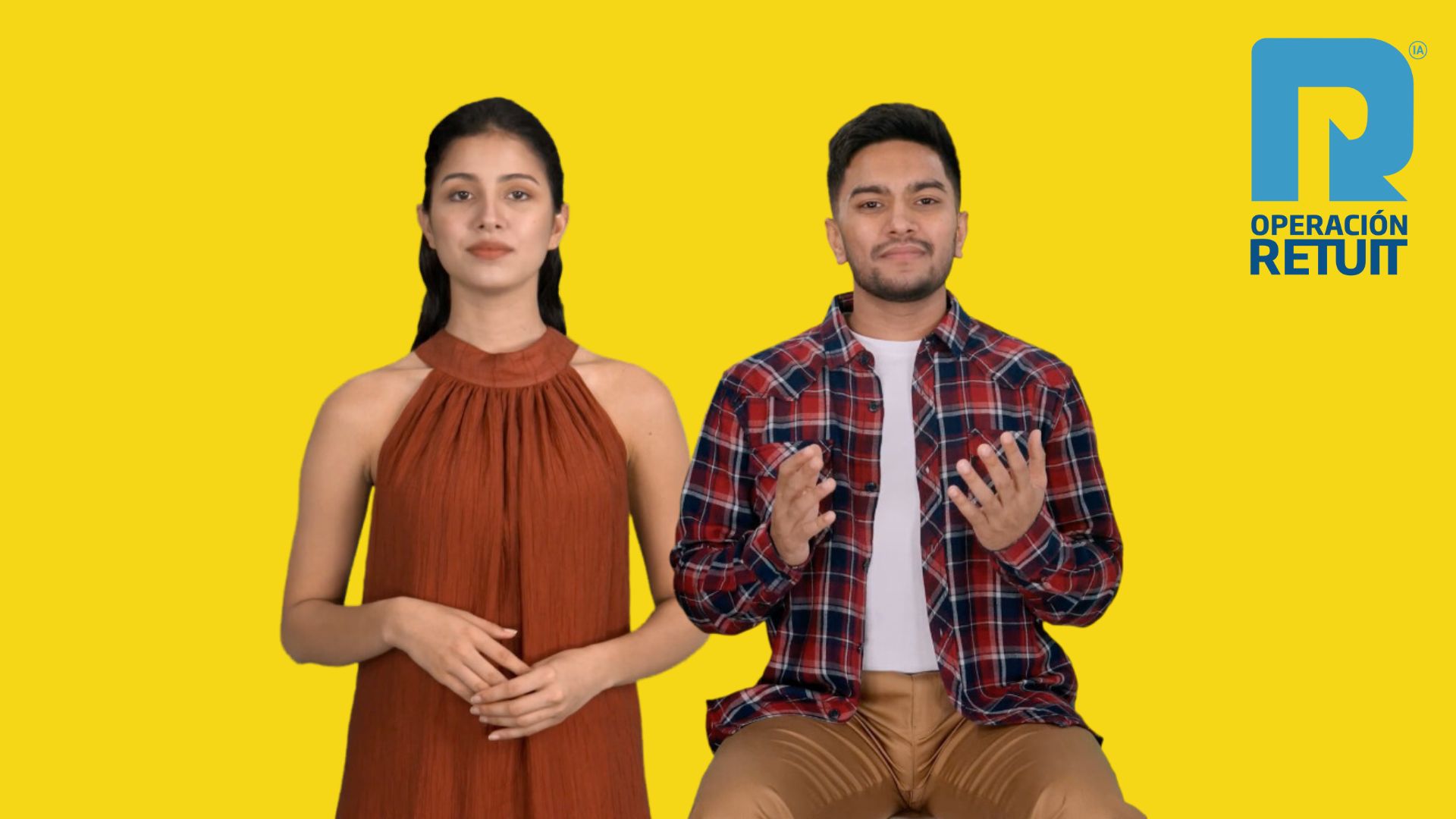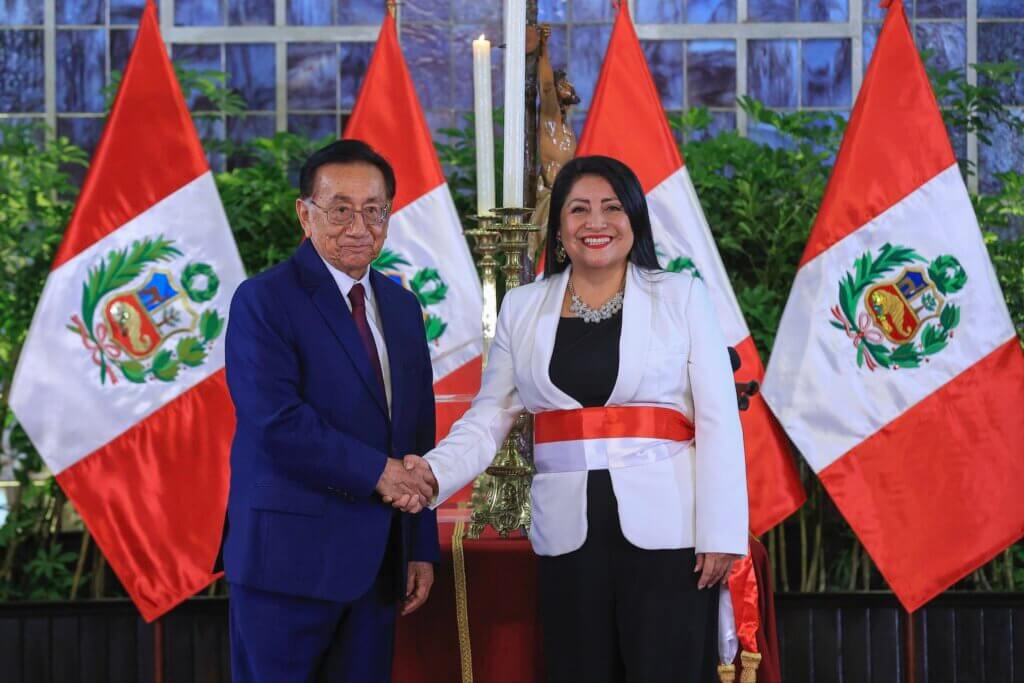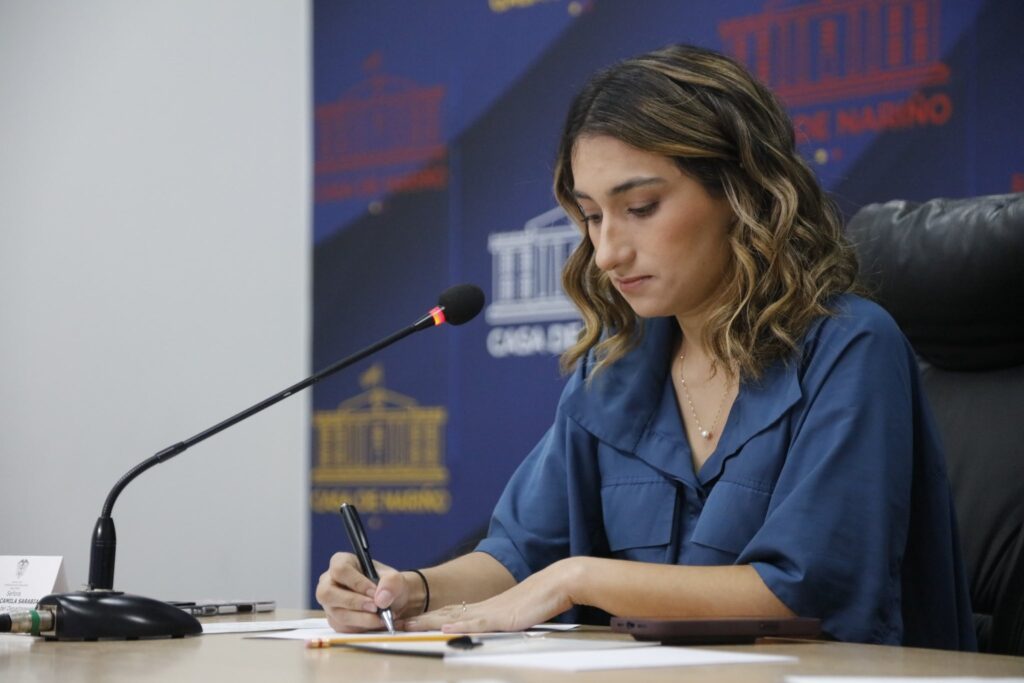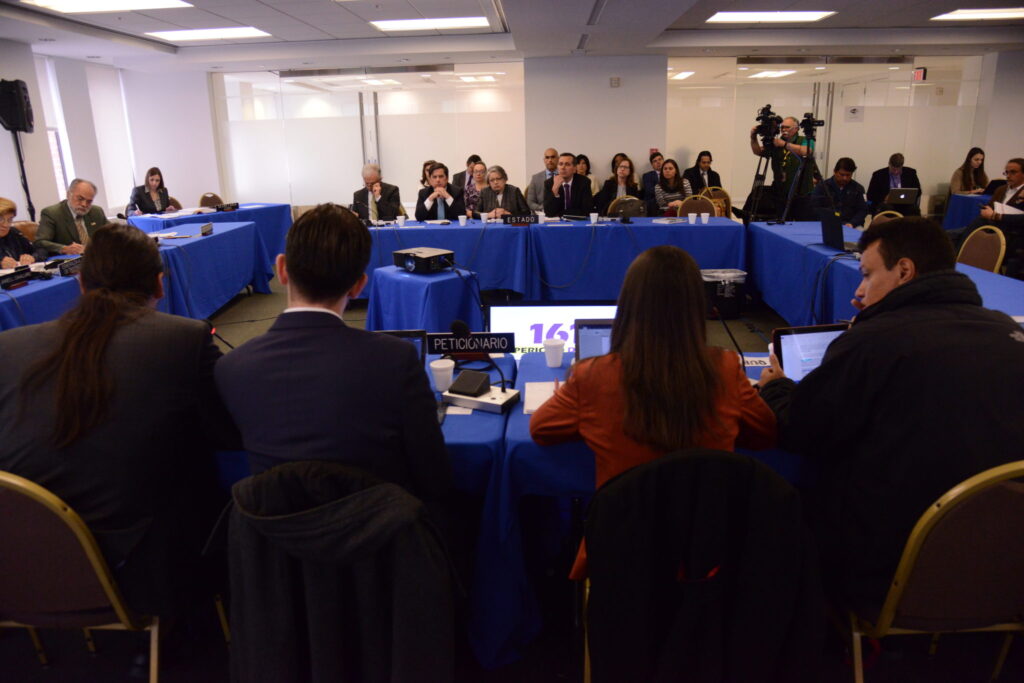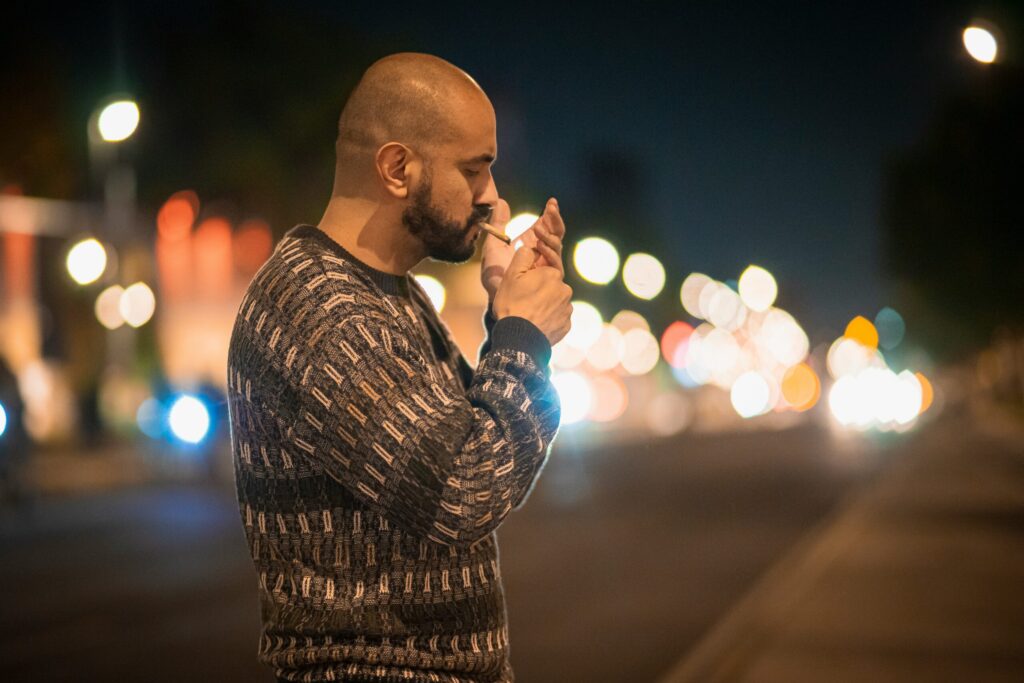Edinburgh, UK – Amid the fallout from the disputed July 28 elections, the government of Venezuelan President Nicolás Maduro has been cracking down against dissent, including against independent media and journalists.
According to the National Union of Press Workers (SNTP), at least four journalists have been charged with terrorism after being detained for covering the electoral process, and all were denied access to a private lawyer. Reporters Without Borders has registered at least 70 attacks to press freedom in the country.
In the days following the election, radio stations only played music and limited their broadcasts to sports and entertainment news after regulator Conatel warned them to “moderate their language.”
Local journalists have been forced to work anonymously out of fear of government persecution. Social media accounts went eerily silent in the days after the election. Independent media outlets like Efecto Cocuyo and Caracas Chronicles have resorted to publishing articles without bylines to protect their journalists.
In response to the crackdown, over 12 independent media organizations that are part of media initiatives Venezuela Vota and #LaHoraDeVenezuela have turned to Artificial Intelligence (AI) technologies to continue reporting while keeping journalist identities safe.
On August 13, the media initiatives launched Operacion Retuit (Operation Retweet) which publishes short social media videos that compile verified news on Venezuela. The videos are hosted by two AI avatars “La Chama” (The Girl) and “El Pana” (The Dude) allowing Venezuelan journalists to continue publishing news while protecting their identities to avoid persecution.
Operation Retweet videos are published to social media platforms like Instagram and X (formerly Twitter), given that traditional media outlets like TV, radio and large newspapers in Venezuela are under some form of government control.
On August 8, Maduro ordered a 10-day ban on social media platform X, a vital part of the news ecosystem in the country. While the ban continues, social media platforms continue to be crucial for independent media to spread information and counteract censorship.
The episodes of Operation Retweet released so far include information about the government crackdown on post-electoral protests that have claimed 23 lives and led to over 1,000 detentions. The episodes have also covered the government ban on X (formerly Twitter) and the National Assembly’s recent approval of a law that would regulate NGOs and require them to reveal information about their members, donors and assets.
Venezuela Vota is a media initiative created in the lead up to the July 28 election, where over a dozen of independent media outlets have collaborated to cross publish stories, protecting individual risks faced by journalists and increasing audience reach. Similarly, #LaHoraDeVenezuela – coordinated by non-profit journalism initiative Connectas – aims to give rigorous reporting on Venezuela more reach.
By leveraging AI technologies into their reporting – a feat only possible by fostering cooperation –independent media in Venezuela has continued to overcome censorship imposed by the government.


